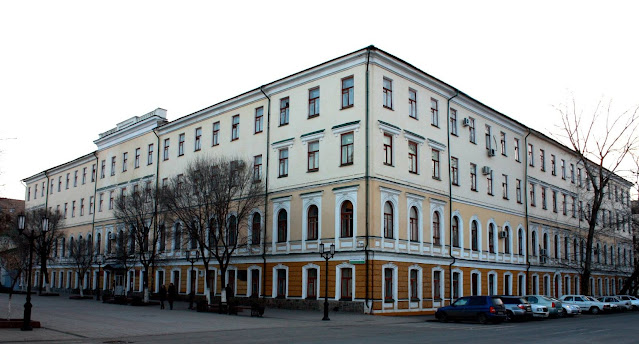by Professor Stefan Brink
INS online public seminar series - free entry, all welcome!
To join this seminar, click on the 'remote access' link, where you will be invited to register. The link will be live from 13.50pm on that day (18th Nov).
Name studies, or Onomastics, studies designations and labels of people (Anthroponymy) and places (Toponymy). Toponymy is particularly useful when studying societies with no written sources, since we then have a linguistic source which can complement other sources in the analyses, such as Archaeology.
Old Norse mythology is a field which attracts a lot of interest, by academics as well as laymen. There are innumerable TV series, films, fiction books and cartoons using motives and gods from the Old Norse mythology, a mythology which is more or less totally built up from Old Icelandic written sources, such as the Poetic Edda and Snorra Edda.
When adding the cultic and sacral place-name evidence to this brew, we can qualify the written sources. The names sometimes paint a different picture to the written sources. One contribution that place names present us with is 'geography' to the mythology. In this paper I will discuss the genesis and how the study of cultic and sacral toponymy has developed, and also present some illuminating cases.
To join this seminar, click on the 'remote access' link, where you will be invited to register. The link will be live from 13.50pm on that day.
When
to
Where
online
Remote access
https://uhi.webex.com/uhi/onstage/g.php?MTID=ef6f4af980b4a07c313b65c9c9b8313a3
Cost
Free
Contact
Dr Alex Sanmark email: alexandra.sanmark@uhi.ac.uk



























